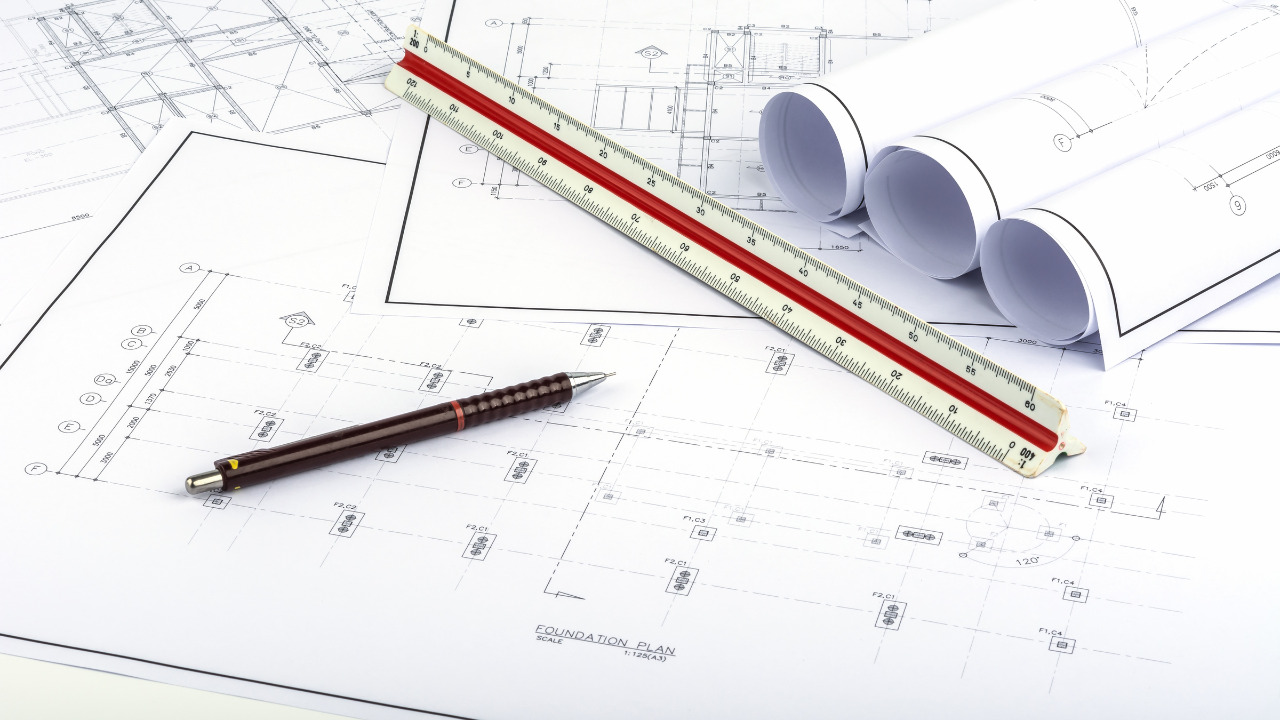Engineering is a highly paid field and one that builds a lot of interest in young people. However, it’s not an easy field to study. It requires commitment and dedication, not to mention endless writing of papers, many classes to attend, and project-based assignments.
While all this takes time and dedication, it’s definitely doable, especially if you know where to get assistance with your engineering assignment. In high-level education and especially in a demanding career path as this one, you need all the assistance you can get.
EduBirdie has engineering assignment helper for every university student that needs it. This can make your engineering education much simpler, and give you more time to focus on studying or simply relaxing.
At times, it can be very hard to answer engineering questions, or complete the project-based assignments that require a huge portion of your time and effort.
And while you might sometimes need some help, project-based learning has shown great leaps in improving the learning and knowledge of engineering students. In this post, we’ll talk about what this means, how it’s beneficial, and share some practices for project based assessment.
Table of Contents
Understanding Project-Based Learning
Project-based learning is a method that allows students to learn through participating in projects and experiences. It’s a type of student-centered, inquiry-based learning, one that has shown amazing results in fields like educational engineering.
For some time now, this is one of the best one practices for engineering students who want to strengthen their knowledge and gain valuable skills for their career.
The focus of education has evolved a lot over the years, and it is now set on the learning experience. One of the most effective ways for students to learn is through practice i.e. project-based learning. PBL education is used across different learning environments and supports everything from collaboration to creativity and critical thinking.
This type of learning enables students to perform project based research and apply their theoretical knowledge to practice. Today, all top engineering schools worldwide use this type of learning to train their students.

Key Benefits of Project-Based Assignments
Let’s talk a bit about the benefits of project-based assignments in engineering schools:
More Control for the Student
This form of learning gives students more control over how they learn, making the experience more exciting. It also promotes responsibility and gives the student a chance to put their skills into use, and prepare for the career they pursue.
Instead of being a recipient of information in a passive manner, the student becomes an active participant in the process of learning. This method encourages them to design solutions, identify problems, and use the knowledge they obtained for real-world scenarios.
The results are amazing. This form of assessments foster critical thinking, decision-making, and problem-solving skills.
Collaboration and Teamwork
Project-based learning also promotes collaboration and teamwork, which is an important skill for someone that needs to work in this people-focused field in the future. The students work together in teams in most cases, trying to find common solutions, listening to others ideas, and working toward a common goal.
Deeper Understanding of the Material
Probably the most important reason why engineering students need project-based learning is the practical knowledge. Rather than just memorizing the material, students can apply their knowledge to real-world problems. This is what they’ll do when they graduate – and this method allows them to practice and learn more efficiently because of it.
The hands-on approach reinforces what the students learned and is a great addition to traditional learning.
Great Resume Boost
Projects like these can often be included in resumes. Employees appreciate students that have worked on projects, got high skills, and had some practice. This shows them that they can work with others, solve complex problems, and are creative. Students, in return, get better chances for employment when they graduate.

Improved Student Experiences
If done right, project-based assessments can be very engaging for the student. When you spend year after year in a traditional classroom without an actual idea of what your practical work will be like, this can kill one’s creativity.
Challenges of Project-Based Assignments
Just like with any other learning approach, there are challenges to project-based assessments, too. The 2 main challenges are establishing a good program and grading it accurately.
Establishing a Project-Based Program
Project-based programs take time and effort for the students to reap the benefits we discussed above. According to the Buck Institute for Education, any successful PBL must include the following elements:
- Challenging question or problem
- A chance for students to engage in a process of questioning and research
- Real-life task or situation
- Public product for an audience – the piece of work that will be presented at the end
- The freedom of student choice and voice
- Reflection on behalf of students and educators on the work produced
- Revisions and feedback
Assessing these assignments is often harder and more time-consuming than traditional methods of testing, but with the right planning and standards, it can be highly beneficial.
Final Thoughts
Project-based learning and assessments are a vital part of engineering education in top institutions today. This is because they work – and they go a long way in showing employers that the student is educated, creative and capable. That being said, we can expect practical learning to become a key part of engineering education around the world in the future – with everyone to benefit from it.





